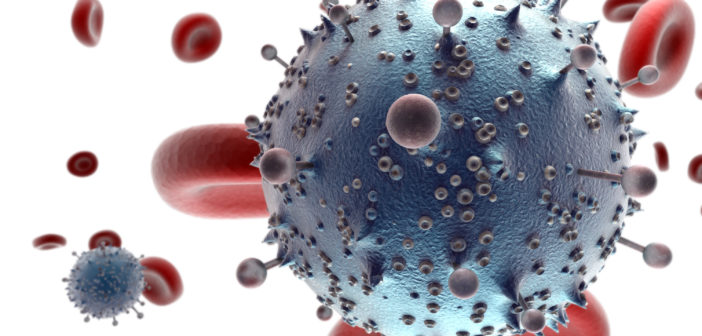Giant strides have been taken in the treatment, management and prevention of HIV/Aids but lots more needed to still be done as the cure to the disease still remains elusive, nothing buttresses this than the fact that about 2.3 million Nigerians living with the Human Immunodeficiency Virus are not on any form of treatment even as health experts have raised alarm over the growing incidence of resistance to Anti-retroviral drugs in the country.
This horrifying figure was disclosed by a professor of Haematology and Transfusion Medicine at the College of Medicine, University of Lagos, Professor Suleiman Akanmu in Lagos yesterday. He said only 900,000 persons living with HIV in the country are currently on a treatment programme as against the estimated total number of 3.2 million persons nationwide.
Akanmu, who is also the Chairman, National Task Team on Antiretroviral therapy (ART) in Nigeria, spoke during a joint stakeholders’ Summit with the theme: “Drug Resistance Monitoring, Early Infant Diagnosis and Viral Load” organized by World Health Organization, WHO, blamed the development on inability to carry out routine viral load test, as well as unavailability of second and third line drugs to treat HIV.
“Many of our patients that are on first line drugs are failing and they are supposed to be put on second line drugs which is not available now. Also we are not detecting failure on time, if you have about 900,000 Nigerians on first line drugs, we do not know how many of them have failed the first line regimen because we do not routinely carry out viral load test to show that while on drugs, the virus is still detectable in them.
“If we have facilities in Nigeria where people can easily do viral load test, then we would be able to detect first line failure and be talking about putting them on second line regimen,” he argued. Äkanmu, however, called for more research and support for laboratories in the country to effectively carry out viral load test and when detected there should be enough drugs to put them on second line regimen.
“Research is key, in other parts of the world, before you put a patient on ART, they normally do drug resistance testing to know what type of drug the individual is sensitive to before applying the drugs, but that is not feasible in our situation. “If we are going to prevent viral resistance from evolving, then we must ensure that the virus does not replicate, because the resistance is coming from the ability of the virus to replicate, so we must administer drugs that do not allow the virus to replicate itself”.
At the forum, the WHO country representative, Dr Wondimagegnehu Alemu expressed the global health body commitment to produce guidelines that will help countries to improve surveillance of drug resistance as well as monitor and detect it in a public health setting.
Alemu who was represented by the WHO vocal point for HIV/AIDs, TB, Malaria, Dr Rex Mpazanje said that drug resistance are inevitable but the important thing for countries was to minimize the impact of that resistance to the programme outcome.
“The challenge in Nigeria is that there have been load of works done in drug resistance but to large extent these have not been properly coordinated at national level. We have several initiative been done but there is no opportunity to disseminate it to everybody, so we are using this meeting to bring together expertise to disseminate what they have doing in term of drug resistance. Presently Nigeria is doing well as they always follow the WHO guideline on which drugs to use.”




